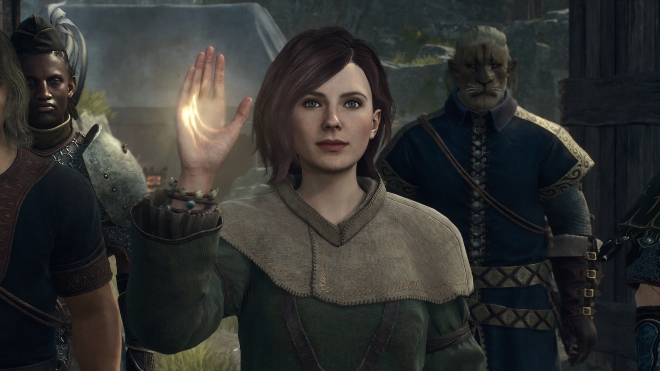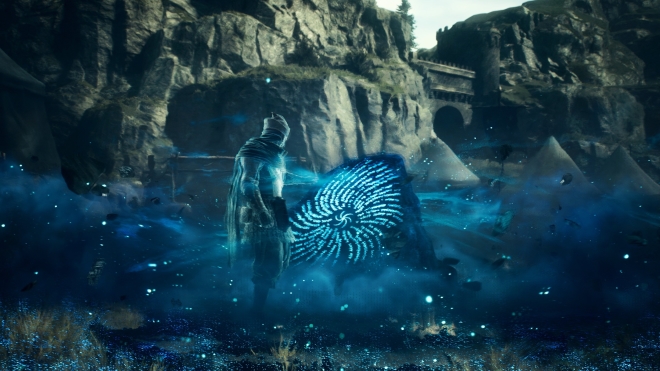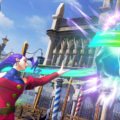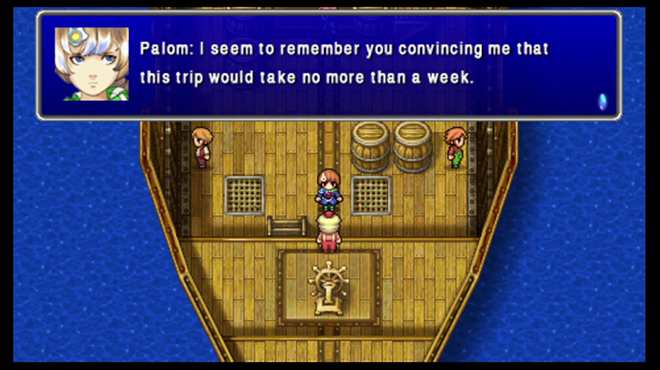Examples of Damage Control in Gaming: Microtransaction Dogma

Capcom, ladies and gentlemen, has done it again. I certainly wish I was talking about how critically-acclaimed and, from early indications, commercially-approved Dragon’s Dogma 2 is. It’s instead more about how they’ve released another title with a pile of surprise microtransactions.
New players were greeted by the bonkers list of purchase options for in-game items and features upon buying and booting up DD2 on the platforms it released for. The game’s microtransactions make several features easier, something unsurprisingly kept hidden from reviewers during their playthroughs. Capcom has provided the player the ability to purchase more innocuous packages like a camping kit for early-game essentials, something several games do at this point. The same goes for the sound and music options from the previous game. I’m far from saying those are a good thing, because they aren’t; they’re simply options most games provide now, because a sizable portion of the battle against microtransactions from the gaming community at large has already been lost.

The more controversial purchases involve items that violate the game’s rules and rob it of some challenge. These include Rift Crystals, which give the player’s in-game Arisen character the option to hire Pawn assistants for the party at a level above theirs — some well above. They also include Wakestones, items that will revive a fallen party member during battle, rarely obtained throughout the campaign’s duration. They’re rare enough that the best players have warned comparable neophytes that they should be saved for the toughest encounters. That’s no issue when you just buy them.
The sale of Portcrystals, which allows for players to create their own fast travel points, is similarly controversial. Director Hideaki Itsuno talked about how the team restricted several means of fast travelling around the game’s world that have become common in several open world games to encourage exploration, but that issue is mitigated here. And they’re selling them for a whopping $2.99 a pop.
Players responded by tanking the game’s Steam reviews into the “Mostly Negative” range at its lowest point over the weekend, despite several of them being impressed with the game’s overall quality. It’s a practice many of them want to, unsurprisingly, further discourage, because there’s always potential for them to get worse in the future. I mentioned that a “sizable portion” of this battle against microtransaction practices has been lost above, but it’s not entirely lost. The game having performance issues on every platform, but especially PC, hasn’t helped the rating. It speaks to Dragon’s Dogma 2’s superlative quality that the user review rating has since risen (though not “arisen,” notably) to “Mixed” on Steam, despite nothing happening with the microtransactions.

It’s easily possible to play through the game without purchasing any of the microtransactions, something Capcom should have perhaps emphasized a little harder in their response. But this is a noticeable part of a pattern from the company and their game launches. Monster Hunter Rise released on multiple platforms with a similar array of surprise microtransactions. As our own Angela Moseley noted, though, some players will kick out others who’ve purchased microtransactions. The same applied to the Resident Evil 4 remake when it launched last year. Street Fighter 6 also applies to a lesser extent, with the newest crop of outfits demanding ridiculous prices, and there’s no way to obtain the vast majority of those in game through normal circumstances.
Capcom just keeps doing this, despite the bad PR blitzes they get from it every time. It must be working pretty well for them. For all the gaming types who justifiably complain about them online, there must be plenty of others who are silently purchasing them. This is the way in which the battle against microtransactions has been largely lost, but it’s still worth fighting back against.
We should be lucky that it’s still possible to complete a bunch of non-free-to-play games with microtransactions options without purchasing any of them, even though it’s still bad that players can use them to break the games themselves. The gaming industry will be well and truly screwed if they overstep that boundary, and games include microtransactions needed for progression despite demanding $60 or $70 on top of them. It will be time for gaming as we know it to go into the grave at that point, marking the true point at which we can tackle our backlogs.





